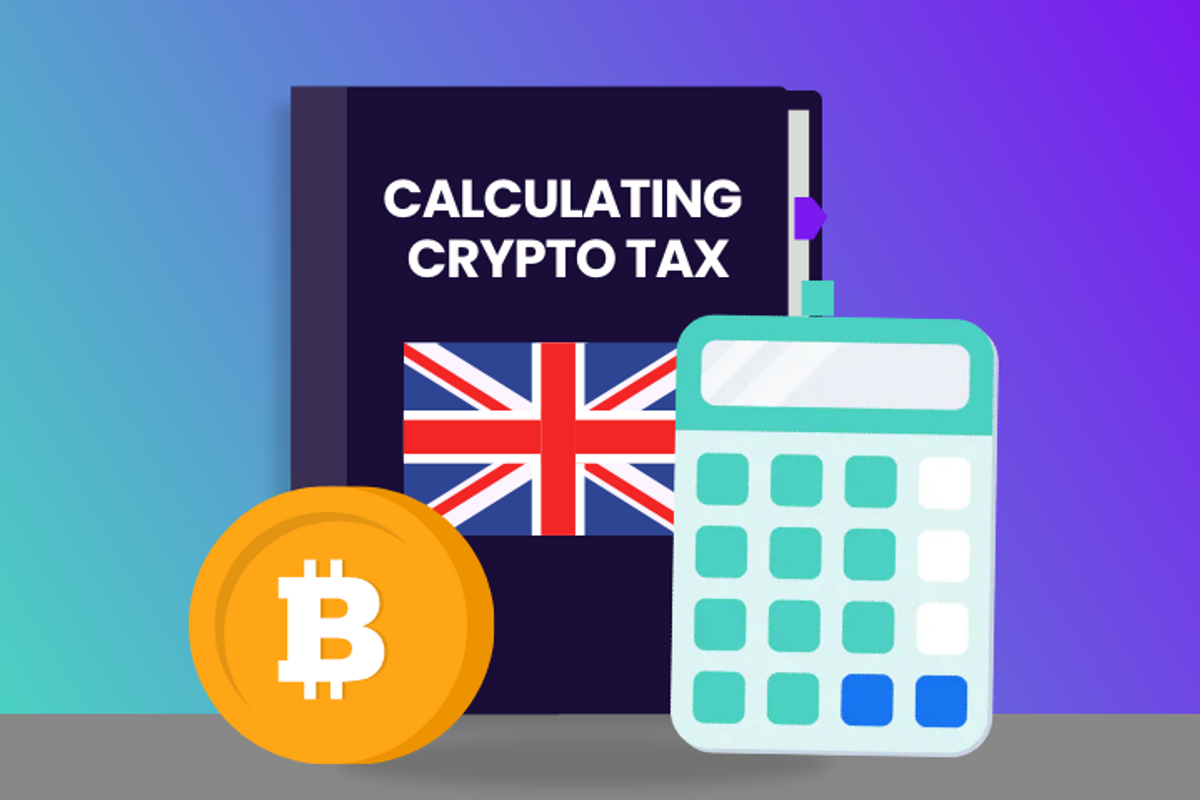
The Chancellor has just announced increased Capital Gains Tax (CGT) rates from the lower 10% to 18% and the higher 20% to 24%, effective October 30th 2024, the stakes are rising for cryptocurrency investors across the UK. These rate changes directly affect every Bitcoin and crypto holder making tax disposals. It’s important to remember that a disposal doesn’t just mean selling crypto for fiat currency; it also includes trading one cryptocurrency for another, purchasing goods and services, gifting crypto and even some DeFi activity. With these broad definitions, many crypto investors are at risk of unintended tax obligations under complex rules originally intended for traditional finance.
In this blog I outline how the Autumn Budget will affect crypto investors and how the government can address tax inequality for cryptoassets.
How will the Autumn Budget affect crypto investors?
While there are no changes to income tax, UK crypto investors will be hit hard by hikes in capital gains tax rates. We briefly outline the changes below.
Income tax rates:
No change to Income Tax or National Insurance (there has been an increase in employers NI).
Capital gains tax rates:
Capital gains tax rates have increased from 10% to 18% for basic rate taxpayers and 20% to 24% for higher rate taxpayers. As the new rates are effective from 30th October 2024, you will need to account for a split tax year as below.
| 6th April 2024 - 29th October 2024 | 30th October 2024 - 5th April 2025 | |
|---|---|---|
| Basic rate | 10% | 18% |
| Higher rate | 20% | 24% |
Both our capital gains tax calculator and capital gains tax calculator tools on the main website have been updated so you can run split year calculations.
Higher rates of interest for unpaid tax
With HMRC estimating 55-95% non-compliance, crypto investors are massively exposed to increases in interest and penalties.
Abolition of non-dom status and introduction of a residence-based regime:
From April 2025, the UK's non-dom tax regime will be abolished and effectively replaced with a new regime that places emphasis on residency.
Crypto investors’ unequal position in the UK
Compared to traditional financial assets like stocks and shares, UK crypto investors face unique disadvantages. Access to tax-efficient investment vehicles, fair tax treatment on DeFi activities, and reasonable compliance costs are lacking for cryptocurrency, creating barriers and inequality in the tax landscape. Here are four specific areas where Recap calls for immediate action:
- Allow access to Bitcoin ETFs in ISAs and pensions
Unlike stocks and shares, Bitcoin and other cryptocurrencies cannot be held within tax-efficient accounts like ISAs or pensions due to the Financial Conduct Authority's (FCA) ban on retail derivatives. This restriction excludes crypto investors from using Bitcoin exchange-traded funds (ETFs) as a means of achieving tax-free growth, a benefit that traditional asset holders enjoy. Allowing retail access to Bitcoin ETFs within ISAs and pensions would put crypto on a level playing field, offering tax-efficient options and helping to normalise Bitcoin investment as part of a diverse portfolio. - Reform the tax treatment of DeFi lending and staking
Decentralised Finance (DeFi) activities, such as lending and staking, are currently unfairly taxed in the UK. Recap, in collaboration with CryptoUK, has responded to several HMRC consultations highlighting the mismatch between the tax code and the economic substance of these activities and await change. DeFi lending and liquidity provision often trigger unintended tax disposals, deterring both retail and institutional participants. Addressing these tax inefficiencies would not only promote growth in the UK’s DeFi sector but could also pave the way for institutional participation, making the UK a competitive hub for Bitcoin-backed loans and innovative digital finance. - Make crypto tax software a tax-deductible expense
Due to the unique complexity of cryptocurrency tax calculations, accurate reporting demands the use of specialised crypto tax calculator software. Unlike traditional assets, cryptocurrency investors must track every transaction to determine cost basis and capital gains accurately. Recap calls on the government to officially allow crypto tax software as a tax-deductible expense. This would alleviate a compliance cost that is essential for accurate and transparent reporting and would encourage responsible tax behaviour among cryptocurrency investors. - Introduce a one-year carry-back for capital gains
Cryptocurrency markets are notoriously volatile, with gains and losses that can vary significantly from year to year. Currently, investors cannot carry back losses to offset gains from a previous year, meaning that a profitable year followed by a downturn leaves investors unable to balance out these changes. Implementing a one-year carry-back for crypto capital gains would help mitigate the volatility risks inherent in crypto investments, providing more stability for investors and aligning crypto taxation more closely with other financial instruments.
Bridging the gap in crypto taxation
As cryptocurrency matures and becomes more widely adopted, the UK government has an opportunity to modernise its tax policies, addressing the disparity between crypto and traditional asset classes. By reforming the tax framework to include fair DeFi taxation, access to ETFs in ISAs and pensions, tax-deductible compliance software, and a capital gains carry-back mechanism, the UK could foster a more inclusive tax environment that supports digital finance. Now is the time to create a forward-thinking tax landscape that embraces the future of finance and welcomes crypto innovation.



